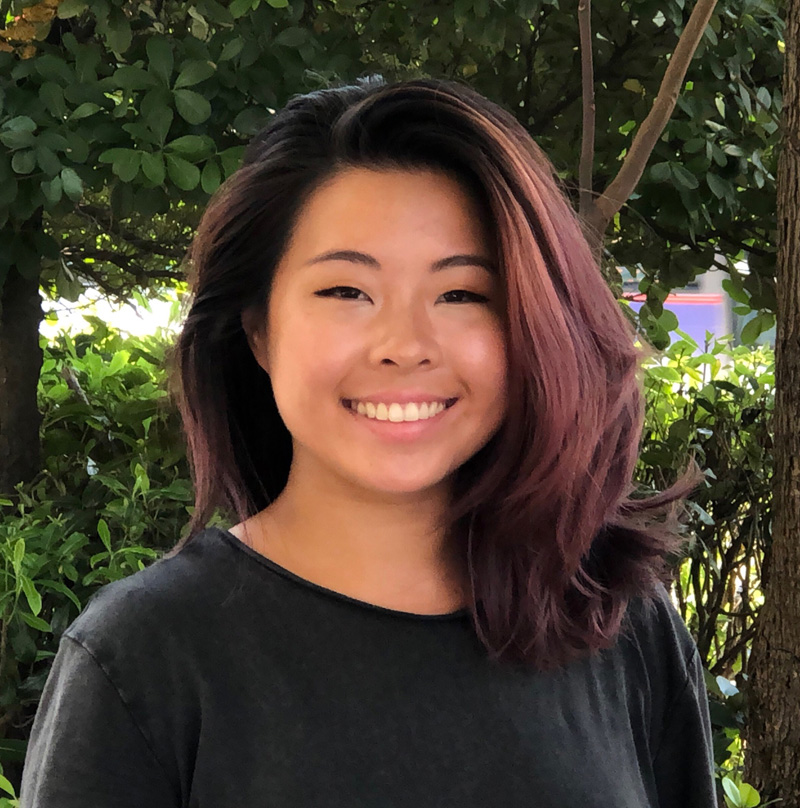Emily Hwang graduated from the University of Pittsburgh, earning a degree in anthropology with a concentration in Latin American studies. During her undergraduate career, Emily developed a passion for food justice through her involvement in local gardens and community food access development projects. Spirited by understanding food systems and anti-poverty initiatives, Emily served as an AmeriCorps VISTA at Just Harvest, a Pittsburgh non-profit committed to fighting against systematic poverty where she supported their healthy incentives program at 22 different farmers markets through implementing outreach, volunteer coordination, and data reporting and analysis. After her AmeriCorps term ended, Emily continued her involvement with the farmers markets in Pittsburgh, focusing on fresh food access for low-income populations, while also learning from various other opportunities such as being the volunteer coordinator at a contemporary art museum, working as a barista at a community owned coffee shop, and serving as a tax reviewer for Just Harvest’s free-tax preparation program, which refunded $6 million dollars back to their clients in 2019.
Field placement: Indigenous Food & Agriculture Initiative
Fayetteville, Arkansas
Policy placement: U.S. Department of Agriculture
Washington, D.C.

